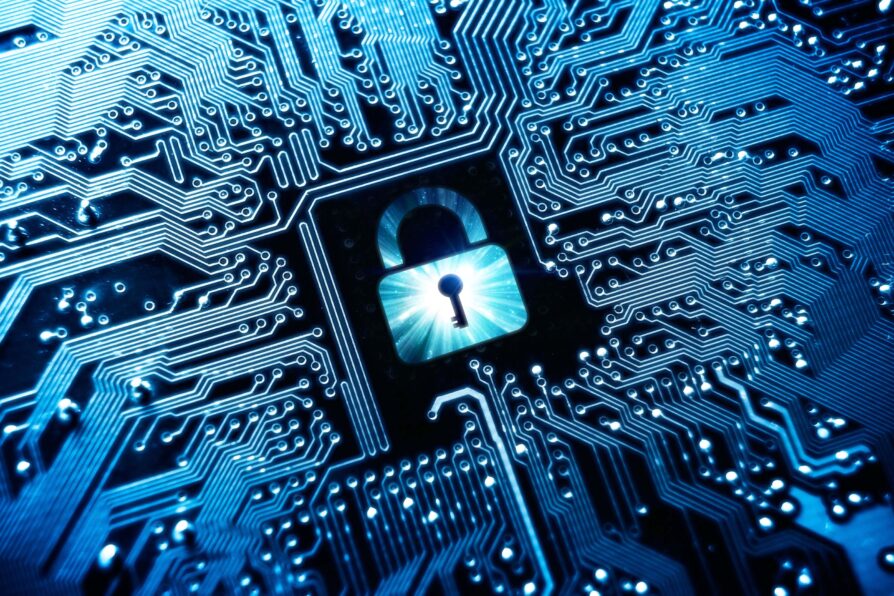The Quantum Communications Hub is providing financial support for a further three PhD studentships, two based at partner Heriot Watt University and one based at partner Royal Holloway, University of London.
The first available award is to work on an experimental project under the supervision of Professor Gerald Buller, based at Heriot-Watt’s quantum communications experimental group (http://www.single-photon.com). The PhD will involve experiments on quantum digital signatures, a new quantum communications protocol pioneered by Heriot-Watt in recent years. The group has conducted quantum digital signature experiments over significant lengths of optical fibre in both laboratory and installed settings and is now examining the possibility of applications using satellite communication systems. Consequently, some knowledge of free-space and/or optical fibre photonics would be beneficial. There are also opportunities to conduct additional work in related areas, such as coherent state amplifiers and 100 GHz optical code scrambling seeded using quantum encryption keys. The student will be involved in a wide range of research activities associated with the Quantum Communications Hub and gain invaluable experience and training in the fast-growing area of highly secure communications. The work will be primarily experimental, including operation of both the data-handling and quantum-optical aspects of major trials and demonstrations.
For more information, and to apply, please check this link.
Theoretical PhD project on quantum communication and quantum information, Heriot Watt University
This studentship is offered under the supervision of Professor Erika Andersson, who leads Heriot-Watt’s quantum information theory group. The PhD will involve work on quantum signatures, quantum measurements, and other topics in quantum communication. Previously, the group has introduced various practical ways of realising quantum signatures, and examined the security of these protocols. They have also worked e.g. on measurement-device independent quantum signatures, on quantum oblivious transfer, and on the use of different types of quantum amplifiers and quantum measurements for quantum communication. Experiments related to quantum signatures and quantum communication are also performed at Heriot-Watt, and there are excellent opportunities to work with experimentalists at Heriot-Watt and elsewhere. The student will be involved in a wide range of research activities associated with the Quantum Communications Hub and gain experience and training in the fast-growing area of highly secure communications. The work will be primarily theoretical, but opportunities to contribute to experimental work may exist, depending on the ability and interests of the successful applicant.
For more information and to apply, please see this link.
PhD/Doctoral Studentship – Post-post Quantum Cryptography, Royal Holloway, University of London
A further fully funded PhD/Doctoral studentship (with partial support from the Hub) is available at the Information Security Group of Royal Holloway (University of London) in the area of post-post quantum cryptography, under the supervision of Professor Ruediger Schack.
The ongoing development of quantum-computing technology poses a threat to the security of some widely used cryptographic schemes. Post-quantum cryptography responds to this threat by designing and analyzing schemes that are immune to attacks by an adversary assumed to be in possession of a quantum computer. The more recent field of post-post quantum cryptography assumes in addition that the adversary has full access to a quantum implementation of the encryption and/or decryption device, which implies that the adversary would be able to carry out a quantum superposition attack. This project will address some of the many open questions in post-post quantum cryptography. Possible directions for research include the development of formal security models and the cryptanalysis of a variety of cryptographic schemes under quantum superposition attacks. Another potential direction is the analysis of an in-between scenario where the adversary has full quantum-computing capabilities but only limited quantum access to the device, which is gaining importance with the increasing miniaturization of components.
For more information and to apply, please see this link.




